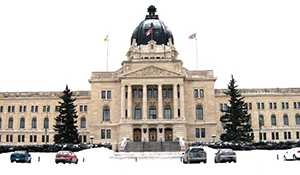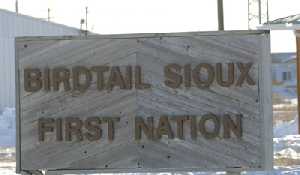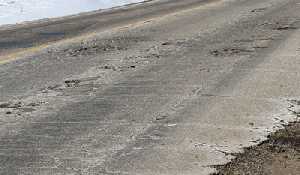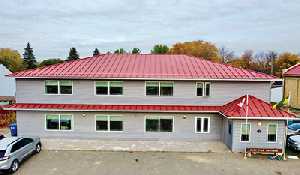Pipeline would carry North Dakota crude to Moosomin to connect with Energy East: TransCanada applies for Upland Pipeline
May 5, 2015, 7:56 am
Kevin Weedmark


TransCanada has taken the next step in its proposed Upland Pipeline, which would carry Bakken crude from Williston, North Dakota to the Moosomin Compressor Station, where it would be transferred to the TransCanada main line.
The $600 million Upland Pipeline would stretch 450 km across the Prairies.
In late April, TransCanada applied to the U.S. State Department for permission to build the pipeline across the Canada-U.S. border.
TransCanada has never received approval for its proposed Keystone XL Pipeline that would take Canadian crude south, but the Upland Pipeline would bring American crude north.
Back in February, TransCanada said it had enough shipper interest to move ahead with the Upland project, which would bring 300,000 barrels of oil a day to Moosomin, where it would be transferred to the 1.1-million barrel a day Energy East project.
The Upland pipeline requires a presidential permit because it crosses the U.S.-Canada border—a process that has delayed TransCanada’s $8-billion Keystone XL pipeline for years.
TransCanada hopes to have the Upland pipeline operating in 2018, pending approval from the U.S. State Department, North Dakota’s Public Service Commission and Canada’s National Energy Board.
The $12-billion Energy East pipeline is designed to ship oil from western oil fields as far as Canada’s East Coast. TransCanada recently delayed the project by at least a year amid concerns a related export terminal in Quebec could potentially harm beluga whales.
As part of the Energy East proposal, TransCanada already planned a feeder pipeline from Cromer, Manitoba to the Moosomin Compressor Station, and a 1,050,000 barrel tank farm at the Moosomin Compressor Station to allow the production from Bakken oilfields in Saskatchewan and Manitoba to be added to the TCPL main line.
North Dakota, is now the United States’ second largest oil producing state after Texas, producing about 1.2 million barrels of crude daily. Several pipeline projects are proposed to move the oil, 60 per cent of which now is being hauled by rail, leading to safety concerns. It was a train of North Dakota crude that exploded in Lac Megantic, Quebec, in July of 2013, killing 47 people and destroying much of the community.



































